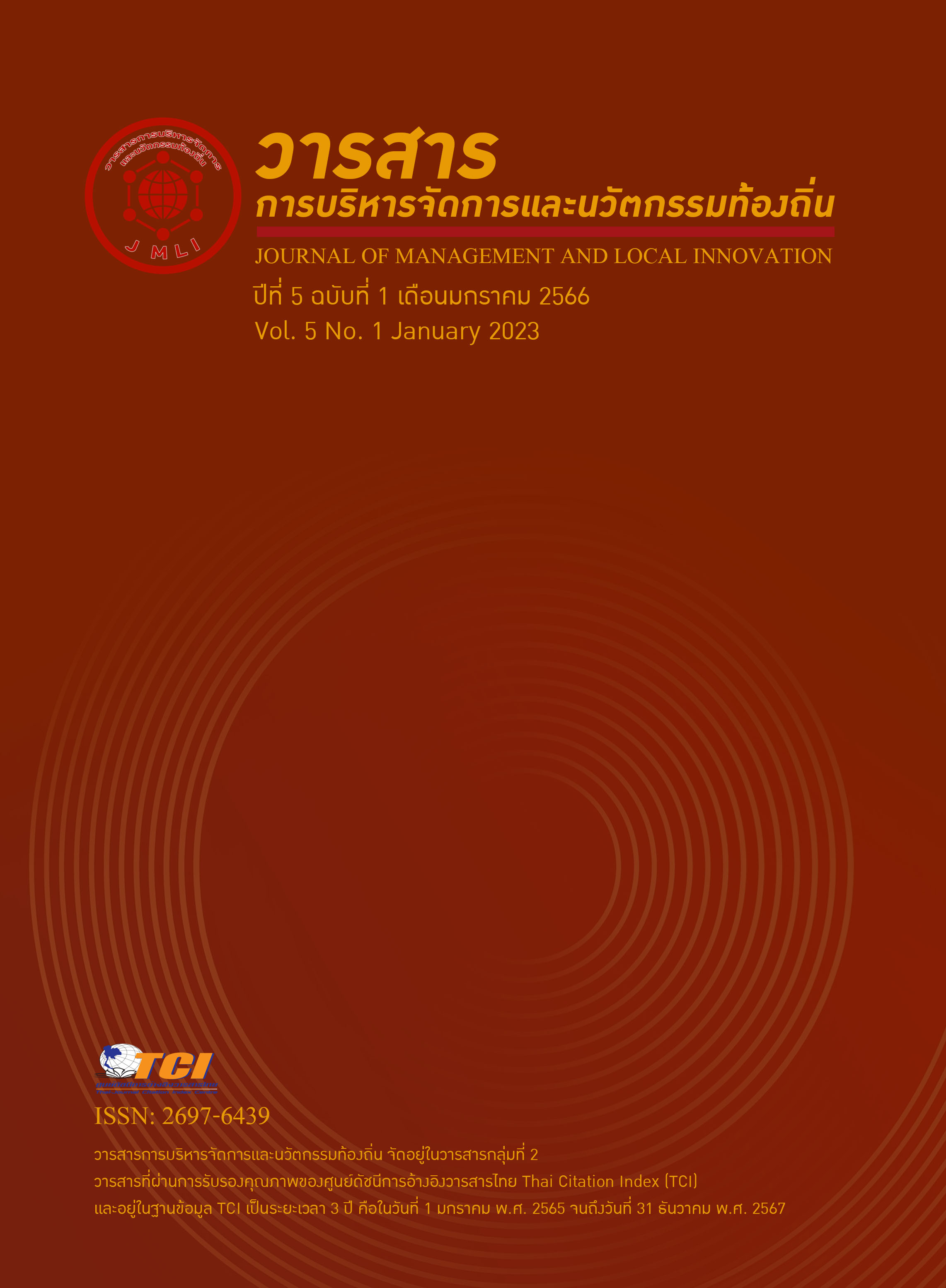Guidelines for Parental Engagement According to the Opinions of Administrators and Teachers Towards Online Education Management in the New Normal Era of Educational Institutions Under Phra Nakhon Si Ayutthaya Primary Educational Service Area Office 1
Keywords:
Parental Engagement, Online Education Management, the New Normal EraAbstract
This research aimed to 1) investigate the current state and desirable state of parental engagement based on the opinions of administrators and teachers towards online education management in the new normal era of educational institutions under Phra Nakhon Si Ayutthaya Primary Educational Service Area Office 1 2) explore the practical approach of parental engagement based on the opinions of administrators and teachers towards online education management in the new normal era of educational institutions under Phra Nakhon Si Ayutthaya Primary Educational Service Area Office 1. The research sample consisted of 333 administrators and teachers. The key informants included six secondary school administrators. The instruments were questionnaires and interview forms. To analyze the data, the researcher conducted the statistics consisting of percentage, mean, standard deviation, Priority Needs Index (PNIModified), and content analysis for the qualitative study. The result revealed that: 1) the current state of parental showed a high level in an overview. The overall desirable state of parental engagement appeared to be at the highest level. 2) For the practical approach of parental engagement, (1) Parenting: Parents were involved in caring for and promoting behaviors in the areas of their students' specialties. (2) Communication: Teachers provided guidance and use of various applications. (3) Volunteers: Schools held parent meetings to allow parents to participate in the management of learners' education with schools. (4) Home Learning: Parents must be good advisers to students. (5) Decision-making: Parents and teachers discussed and exchanged opinions on caring for children, promoting and solving problems involving behaviors of students. (6) Cooperation with the community: Parents instilled good morals and mind in their children's ethics and built good relationships in the family.


